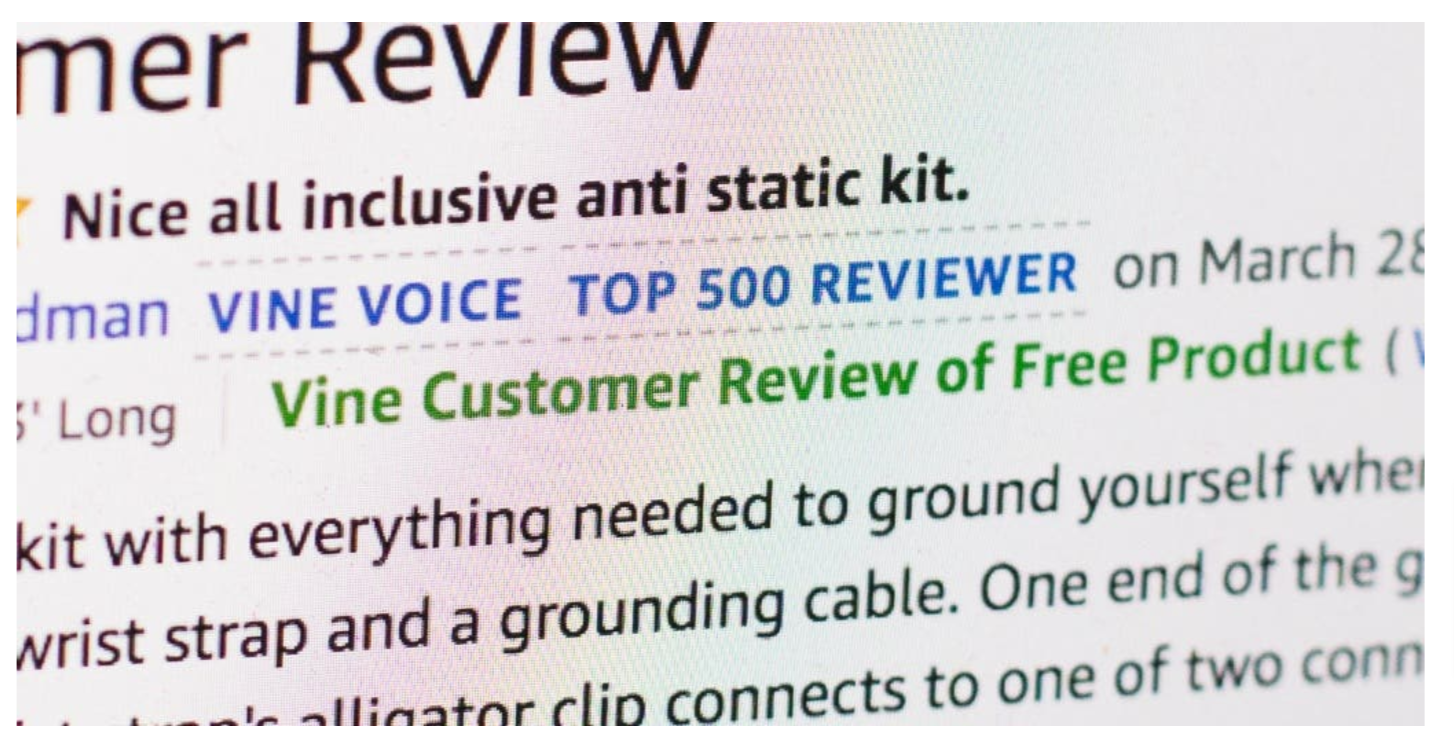The Different Types of Reviews: An In-Depth Look
Online reviews play a pivotal role in e-commerce, aiding potential buyers in making informed decisions prior to product purchases. However, not all reviews carry the same weight. This article will explore the various types of reviews prevalent on e-commerce platforms, equipping you with a clearer understanding of their attributes and implications.

Incentivized Reviews
Incentivized reviews stem from programs, such as Amazon's Vine, Takealot, etc, where consumers receive complimentary or discounted products in exchange for comprehensive reviews. These reviews are designed to create buzz for new or lesser-known products, helping them stand out in a crowded market. Here are key points to remember about incentivized reviews:
- Transparency: Companies must remain transparent about how these reviews are obtained. Many platforms label incentivized reviews for better context, helping alleviate concerns over authenticity.
- Marketplace Regulations: E-commerce platforms have strict guidelines for incentivized reviews to prevent manipulation. Reviewers are usually required to disclose incentives, and brands have limited engagement with reviewers to ensure fairness.
- Potential for Bias: Due to the nature of incentivized reviews, there’s a risk of biased feedback. Reviewers may downplay defects or drawbacks to preserve their relationship with the brand or due to what’s known as the "gift effect."
- Discoverability: While they may be biased, incentivized reviews can aid in uncovering new products, often highlighting unique features or insights not typically addressed in standard reviews.
Verified Reviews

Verified reviews come from buyers who have purchased or interacted with the product and opted to review it. Many platforms, including Amazon, designate these reviews with a specific badge or label, adding an extra layer of credibility. Key characteristics include:
- Authenticity: The foremost strength of verified reviews is their authenticity. As they only appear for products purchased through the platform, they provide assurance that feedback is from real users.
- Consumer Trust: Verified reviews help build consumer trust. When potential buyers encounter a review marked as verified, they can feel reassured that it reflects a genuine product experience, essential for significant financial investments or trying new brands. -
- Reduced Manipulation Risk: Tying verified reviews to actual purchases limits the risk of fraudulent inputs, which helps to mitigate the chances of competitors posting fake positive reviews.
- Informed Decisions: Verified reviews frequently contain detailed insights about the product’s performance, size, usability, and practical applications, empowering customers to make educated choices.
- Brand Reputation: For businesses, a slew of verified reviews can enhance their standing in the market. An abundance of positive verified feedback can lead to increased visibility on e-commerce platforms, positively influencing search rankings and attracting more customers.
Reviews Without Any Badge

In contrast, no-badge reviews are those left on e-commerce platforms without being tied to a specific purchase. This category has distinct characteristics: Higher chance of inauthentic reviews: With no purchase record to back it up, these reviews are more prone to being fabricated. Without confirmed proof that the user made a purchase, it's difficult to guarantee the authenticity of these reviews.
The last two categories, Verified Reviews and Reviews Without Any Badge, are typically classified as "organic reviews" - a term referencing reviews that are not influenced by incentives but rather, by a user's natural feedback post their purchase experience.
ConclusionUnderstanding different review types is crucial for creating a fair online shopping environment. It enables consumers to make well-informed choices while helping sellers comprehend how reviews shape their brand perception. In an increasingly digital marketplace, maintaining trust and transparency is imperative.
By differentiating between verified and unverified reviews, shoppers can avoid falling prey to misleading information and counterfeit products, contributing to a more responsive marketplace. This encourages sellers to actively address negative feedback, ultimately improving customer satisfaction.
Additionally, consumers must remain vigilant against biased or incentivized reviews as marketing strategies advance. Recognizing the significance of review authenticity empowers shoppers and encourages brands to adopt more ethical practices. A collective acknowledgment of the varied review types by both consumers and sellers is essential in cultivating a transparent review ecosystem that benefits all parties involved.
By using innovative software like Wonderflow, brands can gain a deep understanding of consumer behavior, enhance their offerings, and create impactful marketing campaigns. Brands can get their reviews analyzed from various sources, no matter what type of the feedback is recorded. Get in touch with our experts to find out more!

Gianluca has 20+ years in customer engagement, innovation, and VoC-driven strategy. An investor and advisor at Startup Bakery, he fosters B2B SaaS innovation in Italy. Previously, he co-founded and led Vivocha, served as Global Head of Innovation at Covisian, and held leadership roles at Reitek S.p.A.



